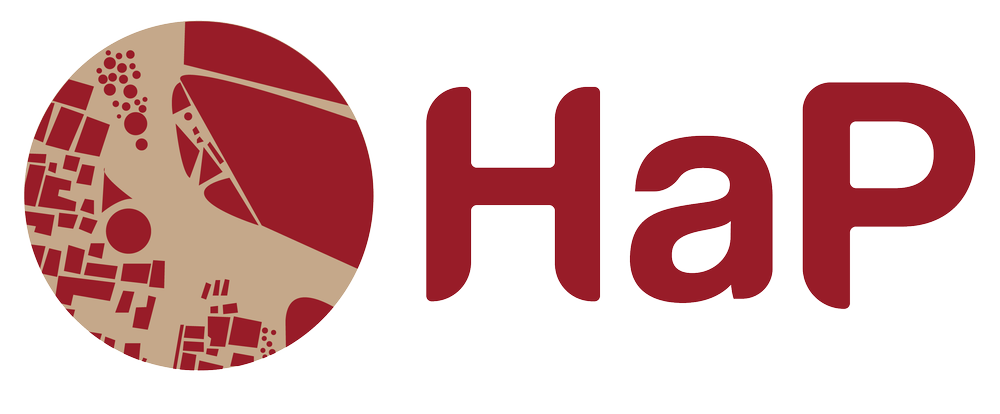Julia Shrestha worked as the research data manager for Heritage as Placemaking until July 2023. She holds a BA in South Asian Studies and Anthropology and an MA in South Asian Studies (‘Development, Environment, Society and History of South Asia’), both from the University of Heidelberg, and is now pursuing her PhD at the University of Vienna. She now works in a research-based role at Heidelberger Akademie der Wissenschaften, where she works on translating and interpreting documents on the project ‘Documents on the History of Religion and Law of Pre-modern Nepal’, where she had previously been a research assistant.
As HaP’s research data manager, Julia developed a digital support structure for the production, sharing, storage, and publication of the project’s research data, committed to international standards of Open Science principles, FAIR and CARE principles in line with the university’s Research Data and Open Access Policy and DFG guidelines. She also lead the team in publishing selected research data in open-access, online formats, by curating connective exhibits of the project’s shared research. Before her time as research data manager, Julia worked as the research assistant for HaP, where she assisted in Christiane Brosius’ research on phalcās (public arcaded platforms) in Lalitpur/Kathmandu.
Julia’s research focuses on nagarā kettledrums in the Limbu society of Eastern Nepal, investigating their multiple social lives in political, military, and ritual contexts and their contested place in debates on indigenous heritage and ethnic belonging. Her interests further include theories and methods of multisensory ethnography, material culture, music, space and place, historical anthropology and anthropology of religions.
-
Julia Meckl, ed. (2022). ‘A Rukkā from King Surendra Authorizing Rupi Hā̃ and Other Subbās to Obtain and Play Nagarās (VS 1908)’. In collaboration with Rabi Acharya and Martin Gaenszle. Heidelberg: Heidelberg Academy of Sciences and Humanities: Documents on the History of Religion and Law of Pre-modern Nepal.
Julia Meckl, ed. (2021). ‘A Portion of the Mulukī Ain Prescribing Punishment for a Certain Breach of Sexual Relations within a Family except for Limbus and Kirātīs (n.d.)’. Heidelberg: Heidelberg Academy of Sciences and Humanities: Documents on the History of Religion and Law of Pre-modern Nepal.
In conversation…
You have worked on historic documents discussing drums and drumming in Eastern Nepal. Do you have a background in music yourself?
Although I’m not a drummer, I do have a background in classical violin and orchestra. Although I have always remained an amateur myself, I am interested in the social roles of sound and music, musical practices, and transcultural identities of musical instruments.
How did you become interested in South Asia and particularly Nepal?
I came to Nepal for the first time in 2015, after the devastating earthquake that hit the country in the same year. Apart from my initial fascination with the mountains, I was eager to learn Nepali and came to Heidelberg to study the language at the South Asian Institute (SAI). The more I learned, the more I became ‘captivated’, and the more I directed my focus to the region.

